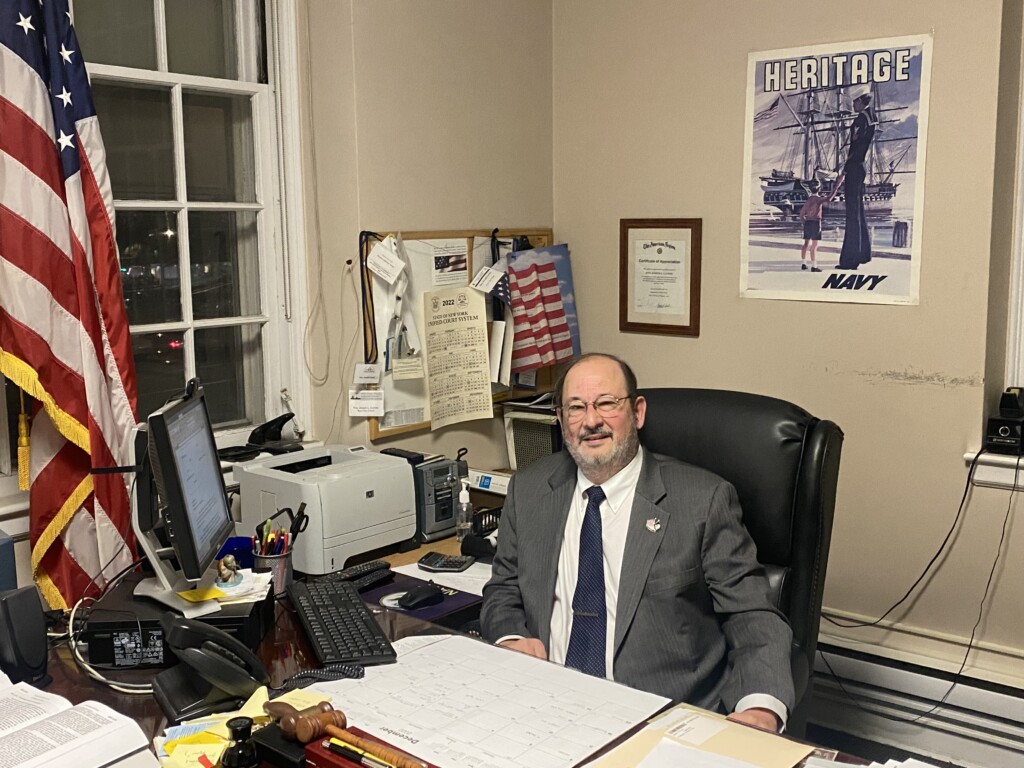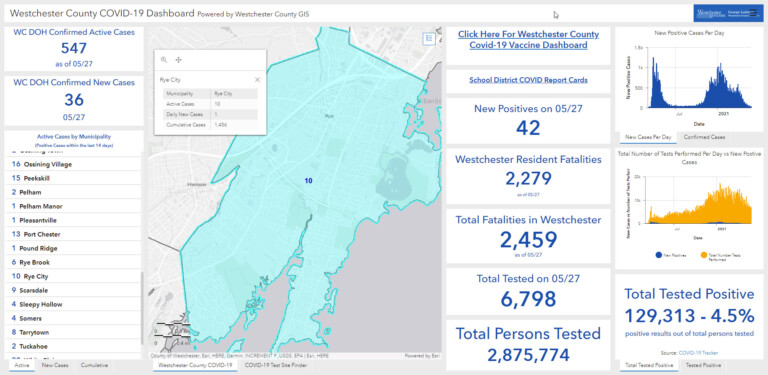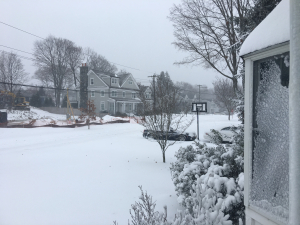Holding Court: Noisy Neighbors

Holding Court is a series by retired Rye City Court Judge Joe Latwin. Latwin retired from the court in December 2022 after thirteen years of service to the City.
What topics do you want addressed by Judge Latwin? Tell us.
By Joe Latwin
The nerve of my neighbor. He came banging on my door at 2:30 a.m. Lucky for him I was already up practicing my bagpipes!
The Appellate Court for this area recently addressed the issue of noisy neighbors. In Harris v. Miranda, the plaintiff commenced an action to recover damages for nuisance alleging that the defendant-neighbors hosted several noisy parties at their home. The plaintiff moved for summary judgment offering proof as to only three instances of excessive noise, two of which occurred in 2017 and one that occurred in May 2020. The trial court denied the plaintiff’s motion and awarded the defendants summary judgment dismissing the complaint.
The Appellate Court found “The elements of a private nuisance cause of action are: (1) an interference substantial in nature, (2) intentional in origin, (3) unreasonable in character, (4) with a person’s property right to use and enjoy land, (5) caused by another’s conduct in acting or failure to act”. “[N]ot every annoyance will constitute a nuisance. Nuisance imports a continuous invasion of rights—a pattern of continuity or recurrence of objectionable conduct”. In affirming the trial court, the Appellate Division found “The plaintiff’s evidence of nuisance consisted of three instances of excessive noise over the course of approximately three years. Under the circumstances, the evidence submitted in support of the plaintiff’s motion failed to establish “a pattern of continuity or recurrence of objectionable conduct” or that the incidents were substantial in nature and unreasonable in character.”
Noisy neighbors can also happen locally. I heard a small claims case in 2021 where a musician who leased a cooperative apartment sued the owners of a vertically adjoining cooperative apartment based upon loud music being played. Defendants, one spouse of whom is a musician, counterclaimed claiming that plaintiff played “satanic music” and “construction noises”, excessively rang the door buzzer, and banged on the floor.
I noted “[t]his case proves that music does not soothe the savage beast.” I also noted that “While the Court is familiar with many genres of music and having heard Offenbach’s Orphee aux enfers but having never visited Hades, the Court has no idea what in hell “satanic music” is.” At trial, defendant testified he heard loud music and extended “Joker” (the character from the Batman series recently portrayed by Joaquin Phoenix in the 2019 movie Joker) laughing coming from plaintiff’s unit.
I found that the reasonableness of conduct is measured by reference to the ordinarily reasonable person. The temporary noises and annoyances that come with construction projects in urban/developed areas, without more, will not give rise to a nuisance claim. Apartment-house living in a metropolitan area is attended with certain well-known inconveniences and discomforts. The peace and quiet of a rural estate or the sylvan silence of a mountain lodge cannot be expected in a multiple dwelling.
Mutual forbearance and the golden rule should, but unfortunately in many cases do not, act as the yardstick for the conduct of tenants in apartment houses. Reasonable consideration of the comforts of neighbors should be exercised by the occupants. The dull, monotonous, repetitious playing of scales on a piano by a young novice piano student and thumping sounds that continued each day for a twelve-hour period throughout the day did not constitute a nuisance. Devotion to the development of one’s musical abilities is viewed as being of high utility and, when conducted within reasonable parameters, it will usually be held to outweigh the harm or annoyance suffered by those exposed to it.
There are certain inconveniences which people living in populous areas must tolerate. Musical instrument practice commonly falls within this category. It is outside the court’s province to differentiate between musical pursuits, and say, for example, that a piano is a legitimate musical instrument and drums are not. Each must be equally respected and protected. I found that defendant’s practice of guitar and vocals did not constitute a nuisance as there was no testimony that it continued late into the night nor was there any evidence of defendant’s intent to have any sound enter plaintiff’s dwelling unit.
The lessons to be learned are the need for cooperation and tolerance. If you are bothered by a neighbor, kindly ask them to moderate the conduct. Work to see if there are ways to limit the annoyance, such as adjusting the hours of the annoyance or sharing mitigating features such as sound-proofing.



